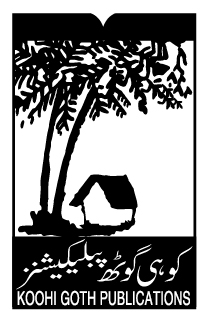Nursing Ethics Education: Fostering Moral Courage through Pedagogy in the Pakistani Context
Keywords:
Nursing, Pedagogy, Ethics Education, Moral Courage, PakistanAbstract
Background: Nursing students in Pakistan must graduate prepared to bravely enact the art and science of nursing in environments infiltrated with ethical challenges. Given the necessity and moral obligation of nurses to engage in discourse within nursing ethics, nursing students must be provided a morally supportive learning space for these opportunities. The Pakistani healthcare sector is hampered by the absence of ethics courses in the curriculum, the non-existence of hospital ethics committees or Institutional Review Boards (IRBs) in most hospitals, and the existence of only one non-indexed ethics journal. The objective of this research is to explore the influence of a structured self-assessment tool called the "Engagement Self-Assessment" (ESA) on the alignment and creation of a brave space in a nursing ethics course for nursing students in Pakistan.
Methodology: This study used an exploratory, cross-sectional survey design. Data from 39 undergraduate nursing students enrolled in a nursing course using the ESA were recruited from Koohi Goth College of Nursing and Midwifery, Karachi-Pakistan. Participation was voluntary and informed without coercion. Written consent was obtained before participation. Research ethics approval was obtained by the Institutional Research Ethics Board of the Malir University of Science and Technology.
Results: The ESA provided structured self-reflection on the impact of shared vulnerability within a brave space. However, commitment to a brave space was not strongly influenced by the ESA, but rather by a mutual "commitment to others."
Conclusion: A teaching tool such as an ESA can be used to facilitate instructor expectations of civil discourse and discussion of difficult topics. Rules of engagement such as those found in brave spaces can help transform fear of vulnerability into authentic growth for learners. A morally supportive learning space can support critical opportunities for ethical development. This study provides insight into how self-assessment and the use of a brave space in nursing ethics education can facilitate a morally supportive learning space in the Pakistani context.
Downloads
Published
How to Cite
Issue
Section
License
Copyright (c) 2023 Author

This work is licensed under a Creative Commons Attribution 4.0 International License.








